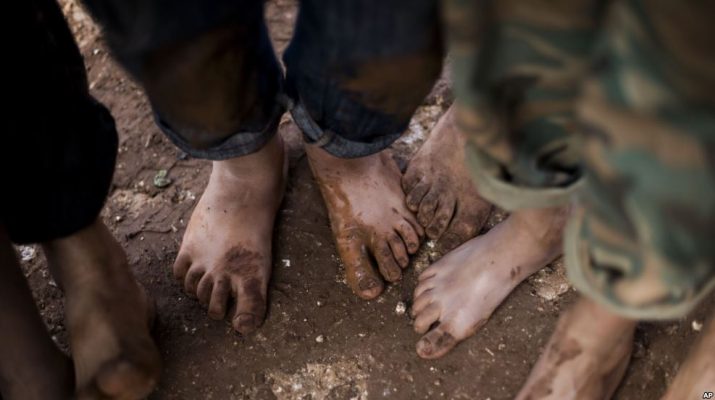Almost 70 million children under the age of five could die between now and 2030 if governments and their partners do not step up efforts to meet development goals, warns the U.N. children’s agency, UNICEF.
In its annual State of the World’s Children report issued Tuesday, UNICEF urges governments, donors and NGOs to focus on the most disadvantaged children and close the gaps, giving all young people a better chance at a bright future.
“These vast inequities and dangers do more than violate the rights and imperil the futures of individual children,” says UNICEF Executive Director Anthony Lake in the report. “They perpetuate inter-generational cycles of disadvantage and inequality that undermine the stability of societies and even the security of nations everywhere,” he added.
The migration and refugee crisis affecting Europe is one example of how inequalities are fueling global instability, said Justin Forsyth, UNICEF deputy executive director.
“A combination of poor governance, conflict, but also inequality and inequity is fueling that instability, which is fueling that mass movement of people,” he said of the migrants on the move from North Africa.
Forsyth says the situation can be improved with small investments in health and education. “We could save up to 147 million children from death from under five [years old] child mortality, just with a 2 percent increase in expenditure in 74 countries.” That translates to about $30 billion a year.
UNICEF is urging countries to develop national plans so they can meet the ambitious targets they have committed to in the 2030 sustainable development agenda.

